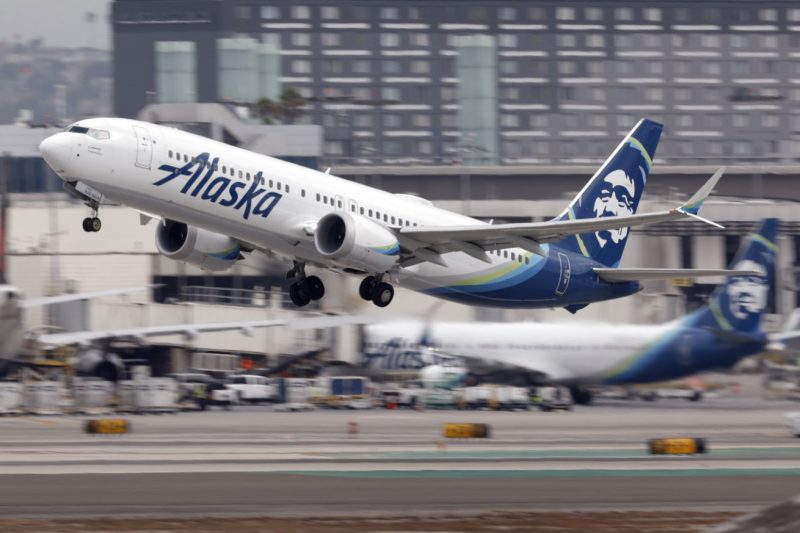The Impact of Boeing’s Workforce Reduction on the Aerospace Industry
Boeing’s recent announcement regarding its decision to cut approximately 10 percent of its workforce has sent shockwaves through the aerospace industry. As one of the leading manufacturers of commercial airplanes and defense, space, and security systems, Boeing’s workforce reduction will have far-reaching implications not only for the company itself but also for its employees, competitors, and the overall aerospace sector.
The aerospace industry is a highly competitive and complex sector that relies heavily on skilled professionals to design, engineer, and manufacture cutting-edge technologies. Boeing’s plan to reduce its workforce will undoubtedly have a significant impact on the talent pool within the industry. With thousands of employees set to lose their jobs, there is a real concern about the potential brain drain and loss of expertise that this workforce reduction will bring about.
Moreover, Boeing’s decision to cut its workforce comes at a time when the global economy is struggling due to the ongoing COVID-19 pandemic. The aerospace industry has been particularly hard hit by the pandemic, with travel restrictions leading to a sharp decline in demand for commercial aircraft. In such a challenging economic environment, the loss of jobs at Boeing will add to the overall unemployment figures and could further strain the industry’s recovery efforts.
The ripple effects of Boeing’s workforce reduction will also be felt by the company’s suppliers and partners. Many companies within the aerospace supply chain rely heavily on Boeing for business, and a reduction in Boeing’s workforce could lead to a decrease in orders and contracts for these suppliers. This, in turn, could have a cascading effect on the entire aerospace ecosystem, with layoffs and closures potentially spreading throughout the industry.
Furthermore, Boeing’s competitors will be watching closely to see how the company’s workforce reduction plays out. In a fiercely competitive industry, any weakness or misstep by a major player like Boeing could create opportunities for other companies to gain market share and increase their competitive advantage. As such, Boeing’s decision to cut its workforce could have implications for the broader dynamics of the aerospace market, potentially reshaping the industry’s landscape in the coming years.
In conclusion, Boeing’s workforce reduction is a significant development that will have profound implications for the aerospace industry. The loss of thousands of jobs at one of the world’s leading aerospace manufacturers will impact the talent pool, suppliers, competitors, and the overall market dynamics of the industry. As the aerospace sector grapples with the challenges posed by the COVID-19 pandemic and economic uncertainty, the fallout from Boeing’s decision will be closely watched and could mark a turning point for the industry as a whole.

